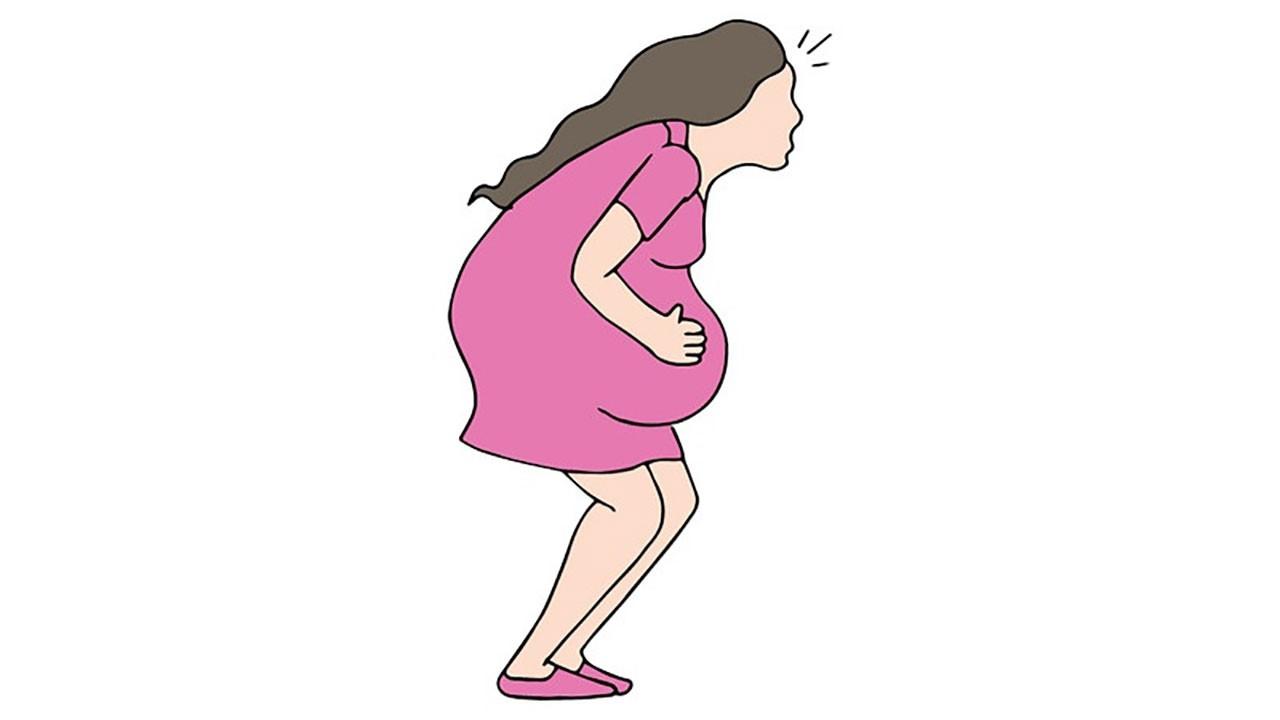Plastics and Preterm Labor

At the Brigham in Boston, women were recruited for a prospective, two year study to examine the relationship between ubiquitous plasticizers called pthalates and preterm birth (before 37 weeks).
- In 130 cases of preterm birth, relative to controls, urinary levels (taken 3 times) of pthalates were significantly higher.
- As the leading cause of neonatal mortality, preterm birth represents an important outcome to examine with regard to modifiable causative factors.
- Pthalates found in cosmetics and in contaminated food and water have effects on hormones and on oxidative stress in the body and have been linked to thyroid dysfunction, endometriosis, and breast cancer.
- Here is their conclusion: ”The strong link observed between phthalate exposure and spontaneous preterm births found in the present study suggests phthalate exposure is associated with increased intrauterine inflammation.”
- Consume fresh foods, not wrapped in plastic. Store foods in glass. Check your cosmetics for “fragrance” and assess them on skindeep.org.
Read the study about plastics and preterm labor here.
Want to continue reading?
Enter your details below to read more and receive updates via email.









